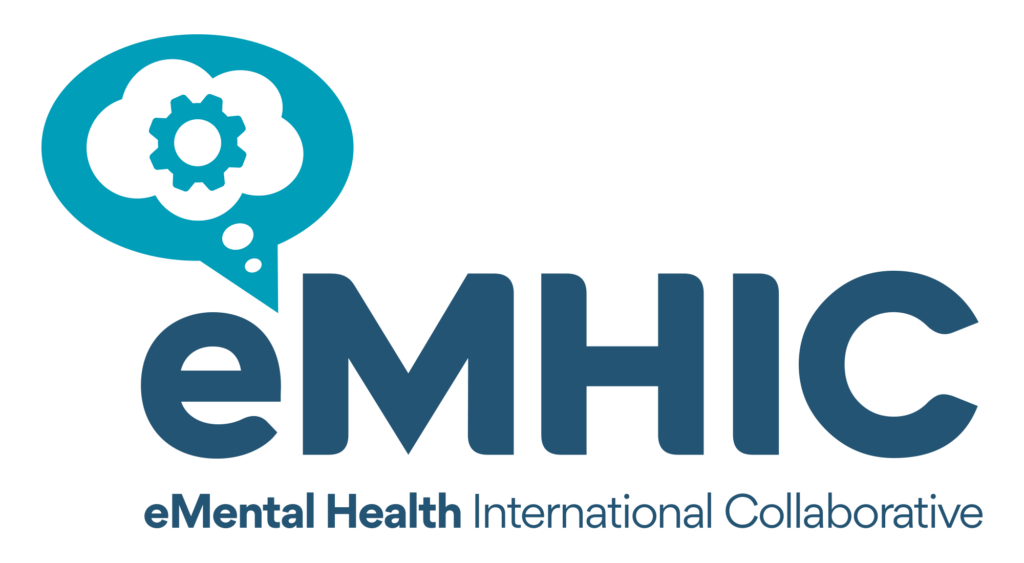We’re teaching people to ride horses in a world that demands they drive Teslas. The landscape of technology has evolved dramatically—from Google searches to AI-powered tools that perform complex tasks. But what about our mental health training programs? Are they preparing professionals for the realities of the digital age? This article explores why mental health education needs a fundamental shift to keep pace with these changes and how we can drive that revolution.
The Evolution of Digital Mental Health: A Call for Educational Reform
Students today invest significant time and money in their education, only to be taught methodologies that were cutting-edge in the 20th century but are now outdated. For example, while mental health apps and AI tools are becoming mainstream, many curricula still focus on traditional psychotherapeutic methods without incorporating these digital advancements. This gap leaves future professionals unprepared for the realities of modern practice.
When mental health workers discuss or attempt to use digital tools, do they really understand how deeply AI is changing the process? Are they prepared for what’s already here? The first wave of digital adoption, prior to the COVID-19 lockdown, was met with significant skepticism. Why were so many mental health professionals resistant to videoconferencing, even as millions of people had been using video calls through Messenger since the early 2000s?
Now, there’s an awareness that something must change, but what’s holding us back? Are regional and national professional associations too focused on maintaining control over who is authorized to work in their space? And what about ethics—how do we ensure that the rush to digital doesn’t compromise the ethical standards that are so crucial in mental health care?
While academia continues to debate the nuances of AI integration, the general population remains confused and underserved. This disconnect underscores the urgency for change in how we educate future mental health professionals. Transitioning from traditional to digital methods isn’t just a technological update; it’s a necessary evolution to ensure that mental health care remains relevant and effective in the 21st century.
Consider the rise of AI-driven mental health apps like Wysa or Woebot, which provide immediate, accessible support to users. These tools exemplify the third wave of digital innovation, where chatbots and AI not only assist but sometimes outperform traditional methods in terms of accessibility and user engagement. Yet, many training programs remain focused on older models, neglecting to teach students how to integrate these tools into their practice.
The Future of Mental Health Services: AI, Digital Integration, and New Business Models
In 2019, an EdTech company called Cibersalud highlighted the disruption between traditional mental health education and the need for re-skilling programs. Why did it take a tech company to point this out, rather than the universities themselves? Are these institutions too slow to respond to the changing landscape? As the digital world evolves, how must mental health workers adapt? Could new models—such as subscription-based or value-based care—better serve the needs of both clients and professionals?
We’re not here to criticize platforms, but should we really be treating mental health professionals like hotels or restaurants? Should platforms be doing more to provide AI resources that enhance human service while adhering to ethical standards and ensuring data privacy? And how can these tools help mental health professionals offer better, more secure care?
Finally, let’s not forget what happened with the Roman Empire and the barbarians. The empire fell, but the invaders eventually integrated and brought about new ways of living. Are today’s startups, backed by billions in investments, the modern-day “barbarians”? Should we fear them, or recognize that they’re pushing the industry to evolve? As these companies integrate human perspectives and knowledge, will they improve their services? Could this be the opportunity we need to merge digital innovation with traditional care?
But what about higher education institutions? Why do they continue to train STEM students on one side and health and social workers on the other, without any real integration? Isn’t it time for this to change if we are to truly revolutionize mental health care?
Conclusion: Beyond the Debate
Mental health isn’t just a service—it’s a common good that requires us to look beyond outdated methodologies. We must embrace digital tools and rethink our educational models to ensure that future professionals are equipped to meet the challenges of a digitally-driven world. I invite educators, professionals, and policymakers to join this conversation and collaborate on developing curricula that truly prepare students for the future. Let’s not wait for the forest to burn before we acknowledge the need for change—let’s start building a new landscape today.




